|
Before the lock down began, the conservancy had a busy few months. So busy that we had no time to update our activities on our blog. Now that we are stuck inside, it’s a chance to reflect on what we were up to at the start of 2020. After several delays due to unusually high late summer rainfall, our Annual GASPP monitoring started in February. It is being by the Grootvadersbosch Conservancy, with support from Cape Nature, and funded by the Table Mountain Fund. The vision of the project is “To halt the decline of freshwater fish species in the Grootvadersbosch Conservancy Rivers and facilitate recovery through the securing of critical habitat and the reduction of anthropogenic impacts on aquatic species. Leading, ultimately, to the downgrading of indicator species (Tradouw Redfin) from Critically Endangered Status.” Conservancy staff and a team of scientists from CapeNature set up Fyke nets in the rivers in the evening and analysed species that were caught in the nets the following morning. The scientists identified and measured the fish species, took note of any other occurring species, recorded if parasites were present on the fish and if the male fish had tubercles (found during the breeding season). The SASS (South African Scoring System) was completed to assess the health of the river. Microorganisms were collected by an accredited SASS practitioner who identified and noted all the species, she then examined the scores assigned to different species, according to their sensitivity, and generated a score which illustrated the health of our rivers. Several sites included some interesting species and occurrences: We had an otter that broke into one of our nets and ate all the organisms and left! We caught lots of Platannas (Xenopus Laevis), a Cape river frog, a coral water snake and many large freshwater eels! All these species were released unharmed. We were also able to capture new distribution records of some special freshwater fish, including galaxias, minnows and sandelias. Exciting stuff! We will continue with the monitoring in the long-term so that we can identify any changes to the river systems and take the appropriate steps to protect these systems that provide vital ecosystem services to our communities and a safe home to our unique freshwater fish. The report from this monitoring week is available here.
0 Comments
Before the lock down began, the conservancy had a busy few months. So busy that we had no time to update our activities on our blog. Now that we are stuck inside, it’s a chance to reflect on what we were up to at the start of 2020.
At the end of February, 16 workers from the Conservancy’s alien clearing teams took part in a 3-day Herbicide applicator training course. This regular training ensures that trainees understand how to prepare the herbicide, how to apply the chemicals, how to maintain the equipment and how to practice safe techniques when using these chemicals. The first two days comprised mainly of theoretical content, but learners were given time to practice the techniques they were taught. On the final day learners completed a written test and a practical where participants were given the opportunity to demonstrate their newly learnt skills. This is essential training for the safety of our teams and for the protection of the environment. Coalition training provided the training with funding from the Department of Environmental Affairs.
As part of the theoretical component of the course the participants were given a manual and lectures on the operation of chainsaws. The participants gained hands-on experience in the field, where they were given demonstrations on how to correctly and safely operate the chainsaws and they had the chance to use the machinery on various alien invasive trees, such as Acacia and Pinus species. The course outcomes stipulated by Coalition Training include:
The training provided several benefits to the participants as it built skills in chainsaw operation and safety and increased their chances of employability thanks to their new competence, it will also allow them to assist with the eradication of alien vegetation, while always ensuring the health and safety of the teams involved. Congratulations to all who participated! Before the lock down began, the conservancy had a busy few months. So busy that we had no time to update our activities on our blog. Now that we are stuck inside, it’s a chance to reflect on what we were up to at the start of 2020.
At the start of February, the annual TransCape came through. This involved 150 riders, 7 stages, 7 days and 10 000m of vertical ascent. Let me tell you more, riders transverse 620kms of stunning Western Cape terrain starting in George and finishing in Franschhoek. This multi-stage, exclusive race is the iconic TransCape mountain bike race! Grootvadersbosch conservancy had the privilege of being included in this race. Some of our team and employees from the conservancy farms stood as marshals on the route to direct riders and control traffic flow. Riders made their way down our trails before reaching a water point at the Grootvadersbosch farm where they could jump off their bikes for a chat and a refuel on a delicious spread of snacks and cold beverages before continuing on to Swellendam for their next overnight stop. We look forward to welcome them again next year. By the way registration is now open on the transcape website. Here are the latest regulations that a few people have asked for. Please Share widely.
|
AuthorGVB Conservancy Staff Archives
May 2024
Categories |
||||||||||||||
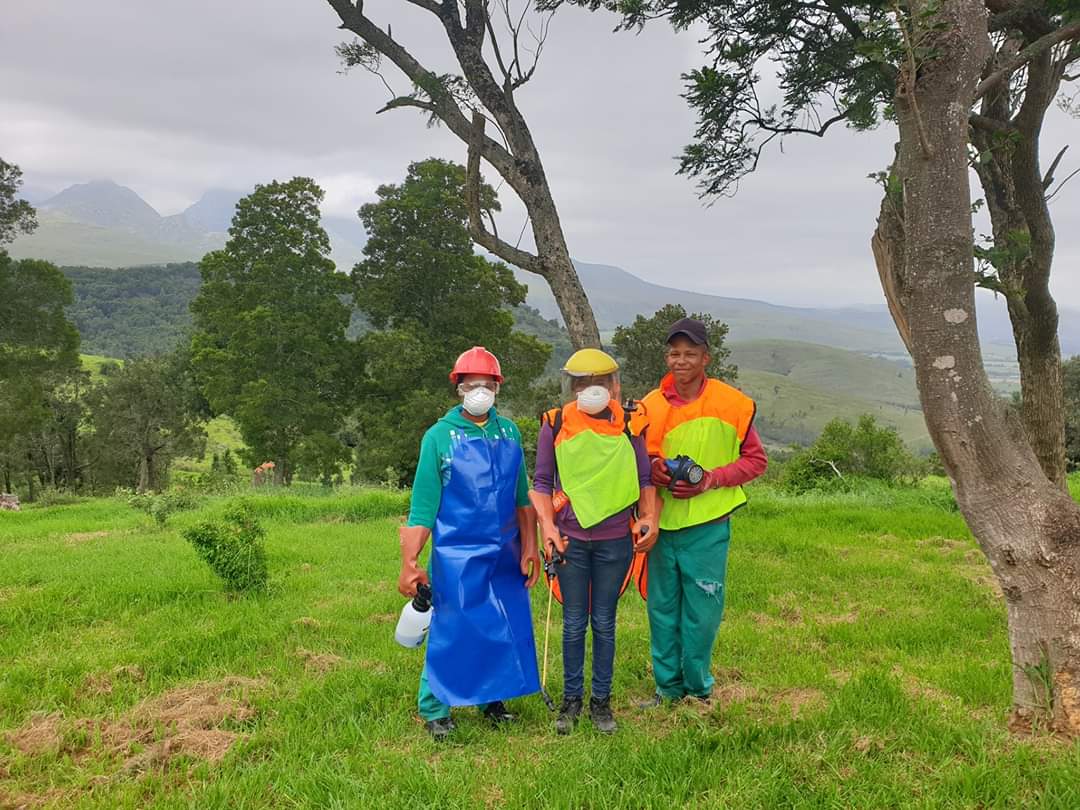
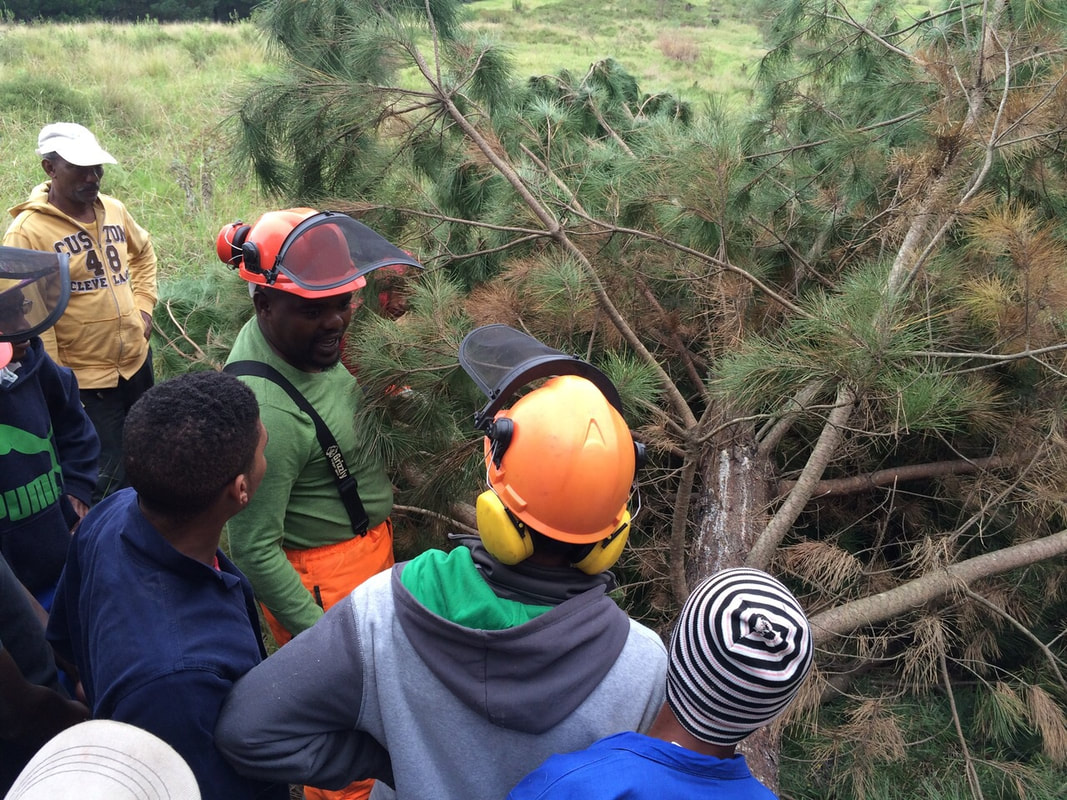
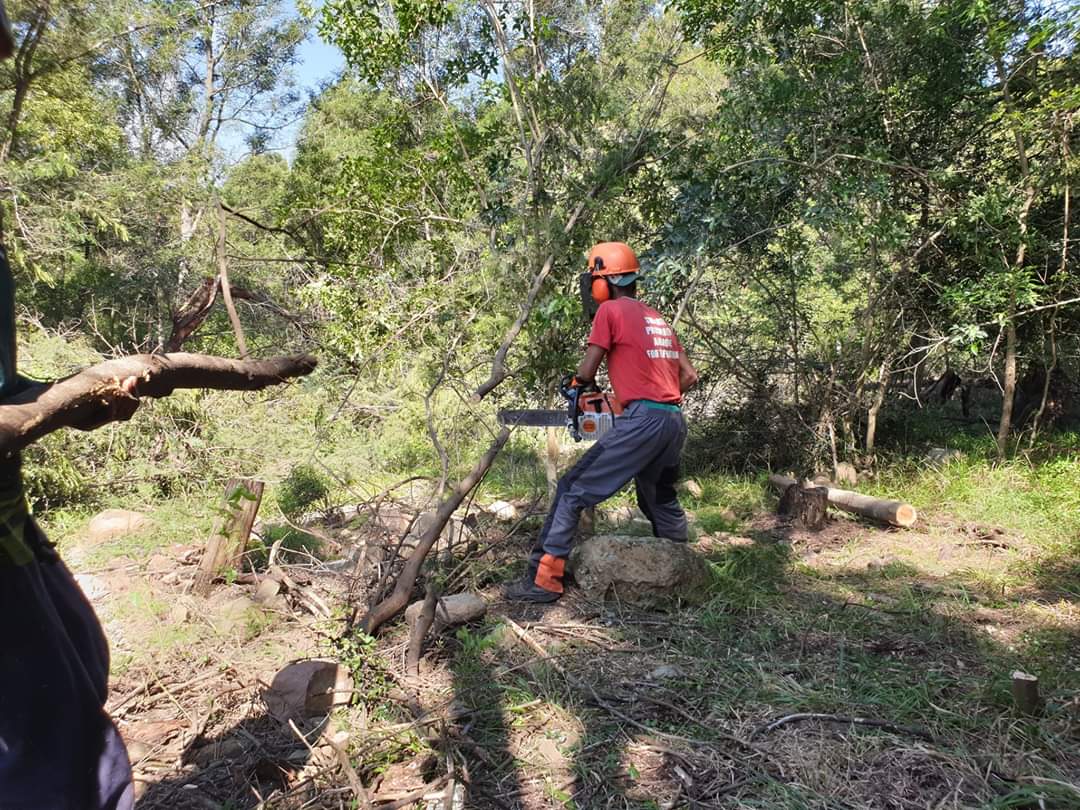
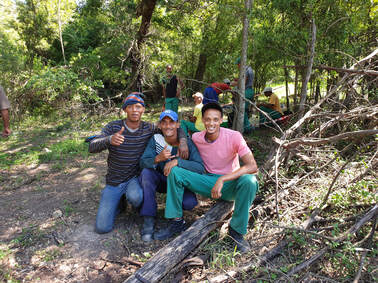
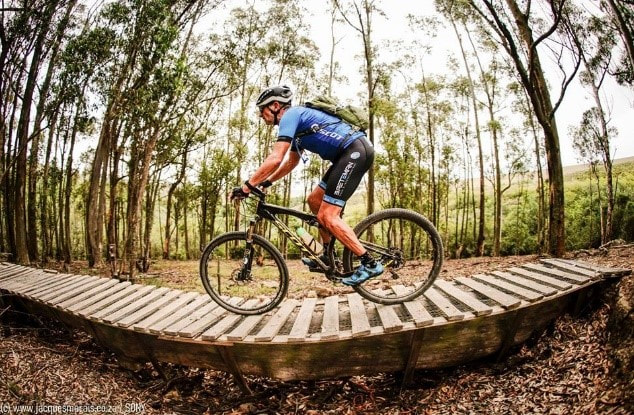
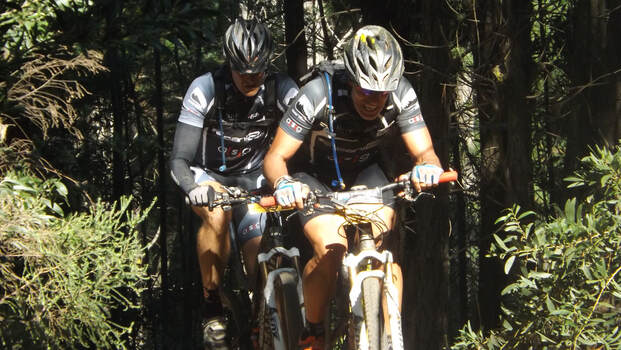
 RSS Feed
RSS Feed






